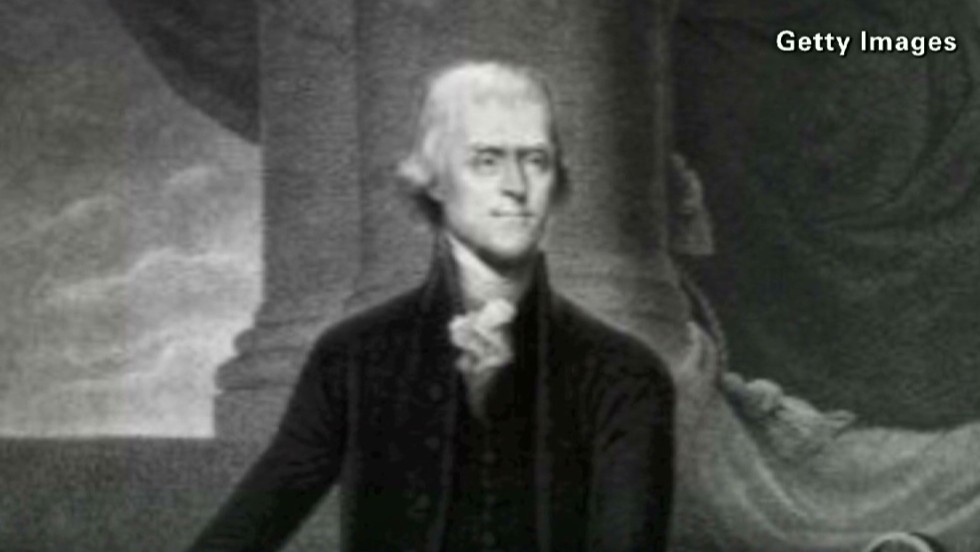

He wrote to a friend in 1793 that although he deplored the deaths of innocents in France’s revolutionary violence, “rather than it should have failed, I would have seen half the earth desolated.”

Jefferson does not seem to have expressed a desire to see the last of the former strangled with the entrails of the last of the latter, as Diderot did but he did evince an occasionally disturbing indulgence for the excesses of Diderot’s revolutionary followers. There and elsewhere Jefferson seems to have imbibed a typical cocktail of Enlightenment ideas-Meacham notes more than once Jefferson’s professions of special admiration for Bacon, Locke and Newton-that in turn led to his repeated denunciations of “kings and priests.” A third influence was George Wythe, with whom Jefferson later studied law and learned how to live in grand style. He also participated in the social life of the city far beyond what one would expect of a college student, acquiring a priceless extracurricular education in politics at the dining room table of Small’s friend and Virginia’s royal governor, Francis Fauquier. William Small, a force for the dissemination of Enlightenment thinking in Virginia’s colonial capital.

The future president studied history, classics and French as a boarder with a private tutor before enrolling at William and Mary, where, one gathers, he made more of his college experience than perhaps any undergraduate who has ever lived. This mortal Jefferson was in awe of his towering father, a wealthy and industrious planter who died when Thomas was 14, but who left his son with an image of command that nourished his own need for mastery. As Meacham shows, when ideas contended with power in Jefferson’s life, the exigencies of the latter generally won out, as Plato himself would have expected. Jon Meacham’s eminently readable and balanced new biography aims to recover the “mortal Jefferson,” both philosopher and politician, who blended the two roles in a way that reveals something to us of “the art of power.” Jefferson the wielder of power emerges more clearly in the book than Jefferson the thinker, and this is not surprising. Thomas Jefferson was the closest thing to a philosopher-king we have ever had in the United States.


 0 kommentar(er)
0 kommentar(er)
